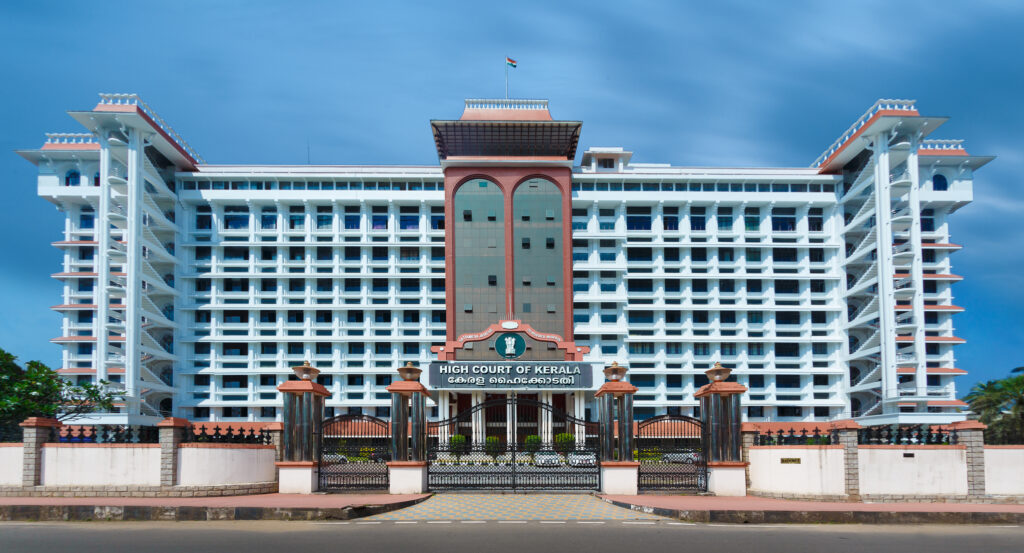Kerala High Court dismisses the case against Goa Governor Sreedharan Pillai regarding his comments on women’s entry into Sabarimala, stating he is not accountable to any court.

The Kerala High Court dismissed a case against Goa Governor P.S. Sreedharan Pillai regarding his comments on women’s entry into the Sabarimala Temple. The Court reviewed a Petition from the Governor, who faced allegations under Section 505(1)(b) of the Indian Penal Code (IPC). Justice P.V. Kunhikrishnan stated that the petitioner is fulfilling his role as the Governor of Goa. He referenced Article 361 of the Constitution, which protects the President or Governor from being held accountable in court for actions taken while performing their official duties.
The Court also noted that Article 361(2) prohibits any criminal proceedings against the President or a State Governor during their time in office, granting the accused immunity under this article as long as he serves as Governor. Senior Advocate B. Raman Pillai represented the Petitioner, while Public Prosecutor Sangeetharaj N.R. represented the Respondents. The Petitioner previously served as the President of the Kerala State Unit of the Bharatiya Janata Party (BJP) and was accused in a case while in that role, which involved allegations under Section 505(1)(b) of the IPC.
In 2018, during a speech at the “Bharathiya Yuva Morcha State Council Closure Meeting,” he reportedly claimed that if the “Thanthri” closed the “Sabarimala Nada” due to the entry of adolescent women, it would not be considered contempt of court, and that the “Thanthri” had support from others. This statement, which was shared in the media, allegedly led Ayyappa Bhakthas to commit crimes, resulting in an FIR against him. The High Court noted that for Section 505(1)(b) to apply, the accused’s statement must likely cause fear or alarm to the public or incite someone to commit an offense. However, the court found no evidence that anyone was incited to commit an offense solely based on the speech. Therefore, the court concluded that the essential elements of Section 505(1)(b) IPC were not present.
The Court emphasized that freedom of expression, as stated in Article 19(1)(a) of the Constitution, protects the press and allows for fair criticism of judgments. It stated that reasonable criticism of a public judgment or act by a judge does not amount to contempt. The Apex Court highlighted the importance of encouraging such criticism, as no one, including judges, is infallible. Consequently, the Court determined that even if all allegations in the FIR were accepted, no offense under Section 505(1)(b) of IPC was established against the Petitioner, and further proceedings were deemed unnecessary. The High Court approved the Petition and canceled the proceedings.
Cause Title: P.S. Sreedharan Pillai v. State of Kerala & Anr. (Neutral Citation: 2024:KER:84861)
Appearance:
Petitioner: Senior Advocate B. Raman Pillai, Advocates Sujesh Menon V.B., and T.K. Sandeep. Respondents: Public Prosecutor Sangeetharaj N.R.









